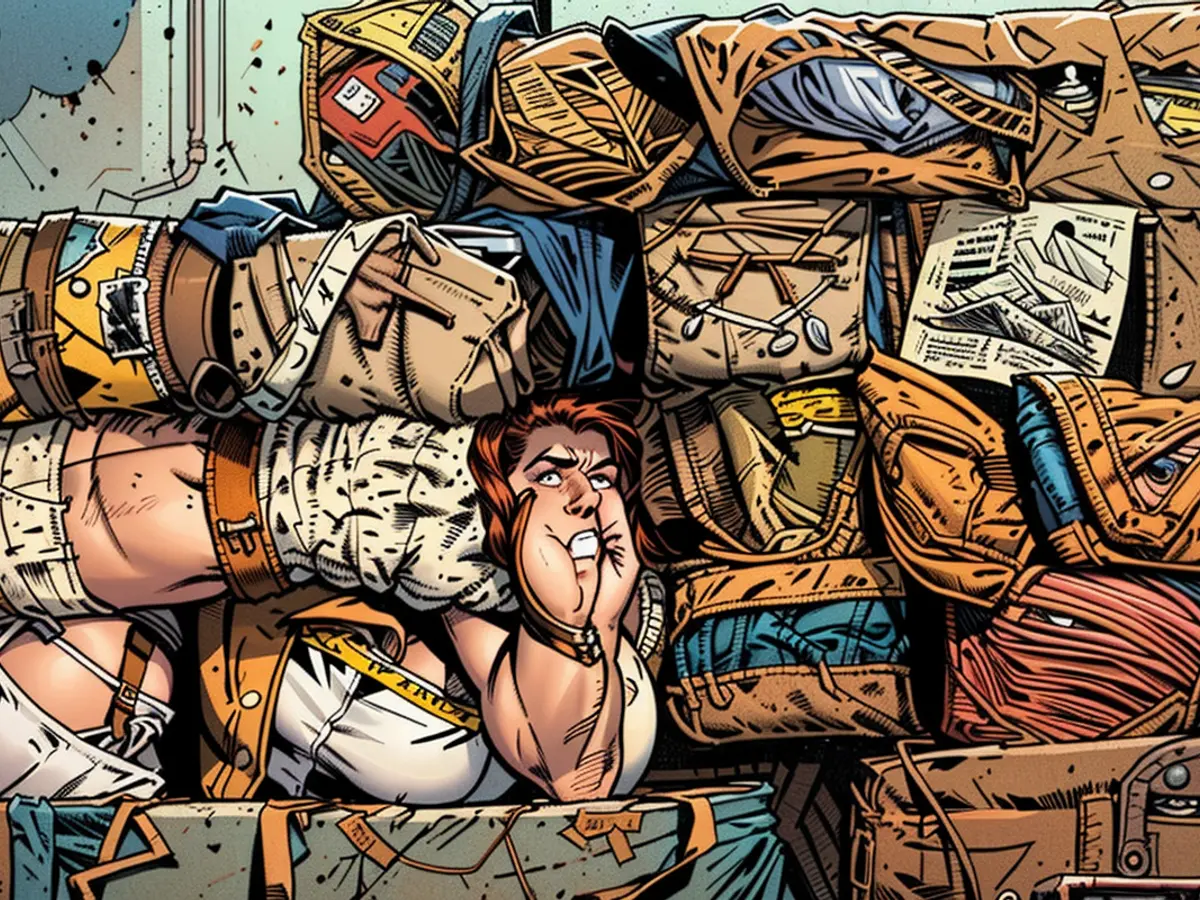metals for industry - Raw materials for the Bavarian economy are very expensive
Commodity prices surged again in the second quarter. The raw materials price index of the Bavarian Economy Association (vbw) increased by nine percent compared to the previous year and by ten percent compared to the previous quarter.
"The increased level of commodity prices and thus also the increased procurement costs for companies are becoming more and more entrenched," says vbw CEO Bertram Brossardt. The availability of precious or industrial metals at affordable prices is deteriorating. "We must increasingly focus on resource recycling, efficiency, and substitution."
The vbw raw materials price index includes world market prices of 42 commodities in US dollars, weighted by their importance in Bavaria. The strongest price increase in the second quarter was for Indium, which is mainly refined in China and used as a conductor in flat-screen displays and touchscreens, with a 36 percent increase. This was followed by Manganese, Tungsten, Silver, and Tin with a 23 percent increase. The economy is also concerned about the increase in Copper by 15 percent: "Electrical cables, components of solar energy for the energy transition - for all this, one of humanity's oldest materials with high conductivity is essential today," explains Brossardt.
In light of the rising commodity prices, companies based in Bavaria, such as those in the electronics industry, may find it challenging to source materials like Copper and Indium at affordable prices, given their significant price increases of 15% and 36% respectively. The high demand for these materials in various industries, including renewable energy, further adds to their scarcity and increased costs in Bavaria, a region known for its influential economy represented by the vbw.








